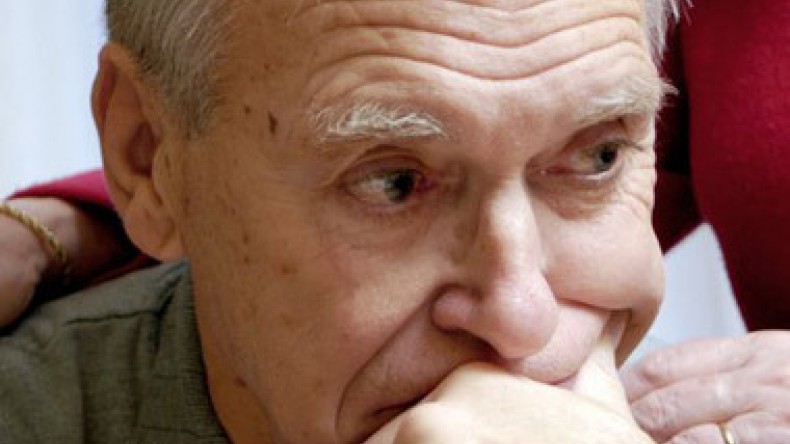
Y chromosome linked to cancer and death risk in men
The male Y chromosome may have a role in prolonging men's lives and fighting cancer, scientists have said, the BBC reports.
Research into 1,153 elderly men at the University of Sweden found those who had lost part of their Y chromosome died on average 5.5 years earlier than those who had not.
Women live on average 7.5 years longer than men in Europe and the reasons behind this are not fully known.
Cancer Research said the study was "intriguing."
Scientists assessed how many blood cells had age-related loss of the Y chromosome (LOY) through blood tests in the men, aged between 70 and 84.
Men with a "significant amount" of loss died earlier, said researchers. LOY was associated with general risk of death in 637 out of the group of men and risk of death due to non-blood related cancer in 132 of the cases.
Researchers said the association between LOY and early death was significant when the results were adjusted for age and other health conditions.
Women don't have the Y chromosome, but have two Xs instead.
The co-author of the study, Jan Dumanski from Uppsala University in Sweden, said: "Many people think the Y chromosome only contains genes involved in sex determination and sperm production.
"In fact, these genes have other important functions, such as possibly playing a role in preventing tumours."
The study said Y chromosome genes were not expressed when LOY occurred, meaning its potential role in tumour prevention could be reduced.
Newsfeed
Videos






























